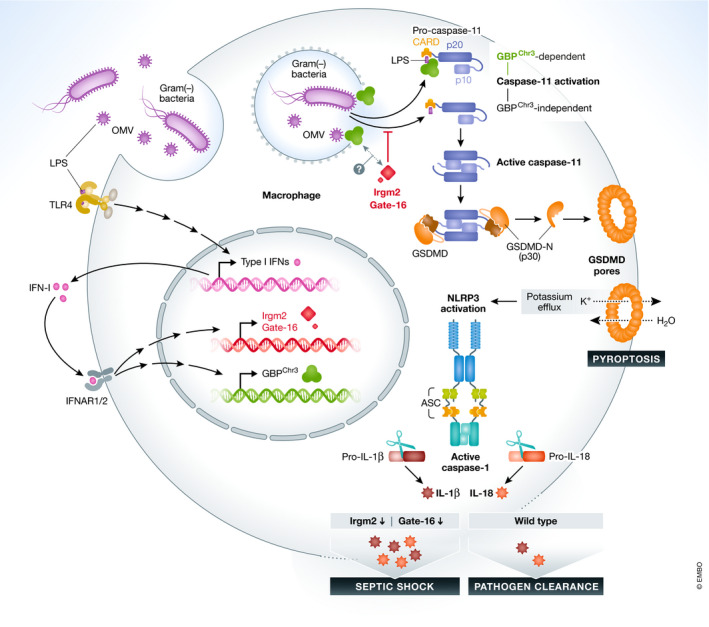Figure 1. Irgm2 and Gate‐16 fine‐tune the immune response to gram‐negative bacteria.

Lipopolysaccharides (LPS) from gram‐negative bacteria or bacterial‐derived outer membrane vesicles (OMVs) prime macrophages to induce type‐I‐Interferon (IFN‐I) via toll‐like receptor 4 (TLR4). Subsequently, IFN‐I induces host factors such as GBP‐proteins or Irgm2 and Gate‐16. In parallel, bacteria and OMVs that have been phagocytosed are liberated from the phago‐lysosome to the cytoplasm, where GBPs facilitate the recognition of LPS by caspase‐11. The newly identified factors Irgm2 (in mice) and Gate‐16 (in mice and humans) restrict the activation of caspase‐11. In Irgm2‐deficient cells, activation of caspase‐11 can even occur in the absence of GBPs encoded on chromosome 3. On the organismal level, the enhanced activation of caspase‐11 in the absence of Irgm2 translates into an overshooting immune response resulting in septic shock and death of the host. Therefore, Irgm2 and Gate‐16 fine‐tune the immune response to gram‐negative bacteria.
